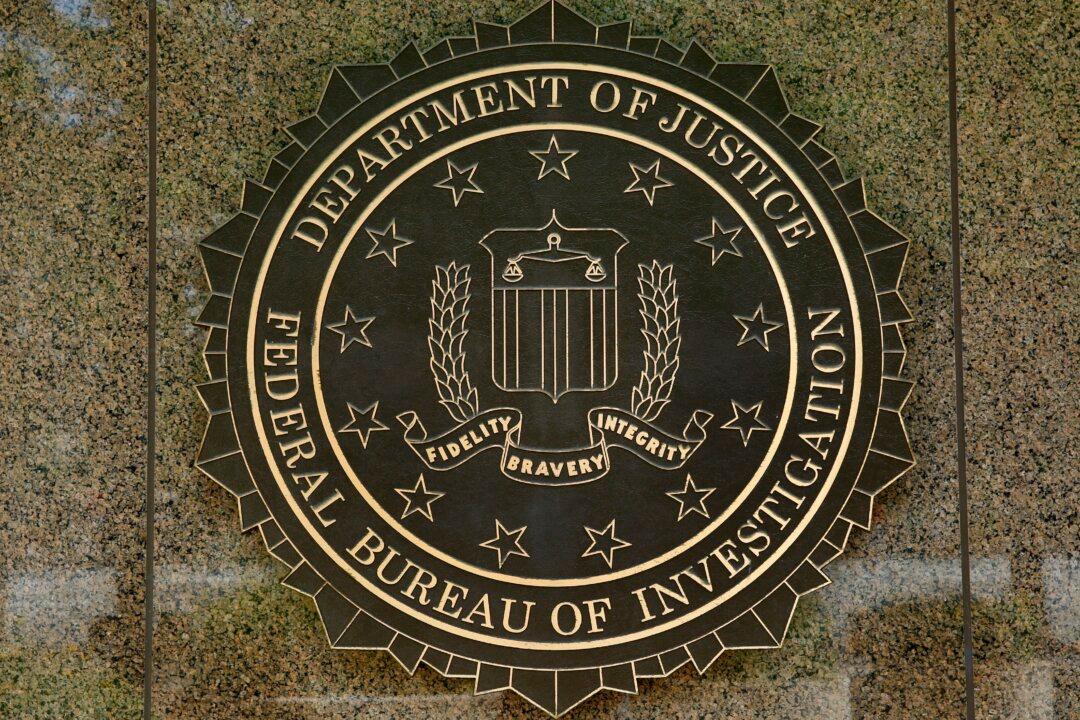The FBI mishandled allegations of sexual abuse against the now-convicted sex offender former USA Gymnastics national team doctor Larry Nassar, a Justice Department watchdog concluded.
Nassar, the main doctor for Olympic gymnasts, was sentenced to 60 years in prison in 2017 on federal charges of possessing child sex abuse material. He was named in hundreds of lawsuits filed by female athletes who said that Nassar sexually abused them when he worked for Michigan State and Indiana-based USA Gymnastics. In 2018, Nassar was sentenced to up to 175 years and up to 125 years in two separate Michigan courts on sexual abuse charges.




